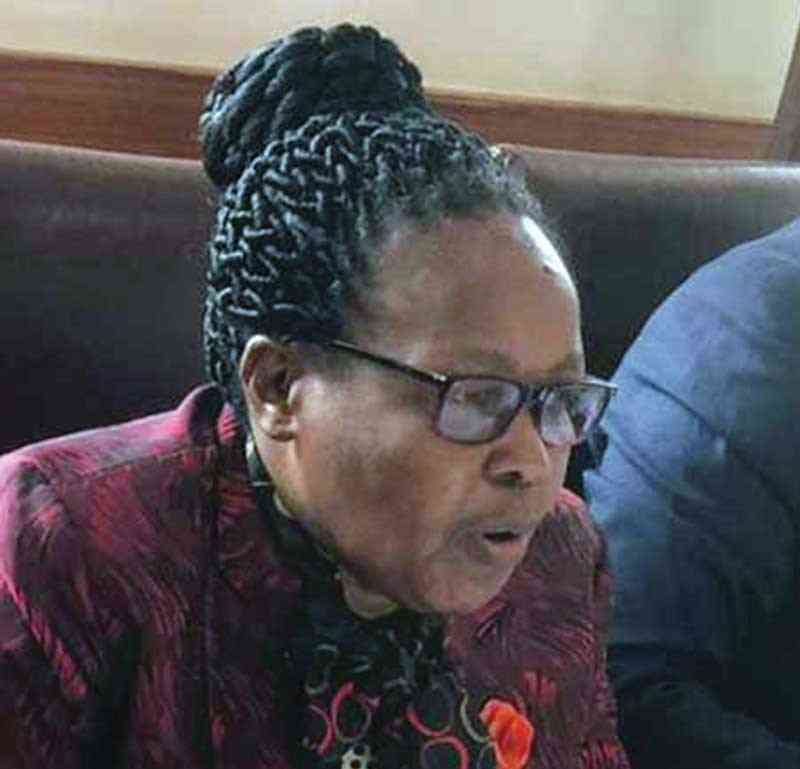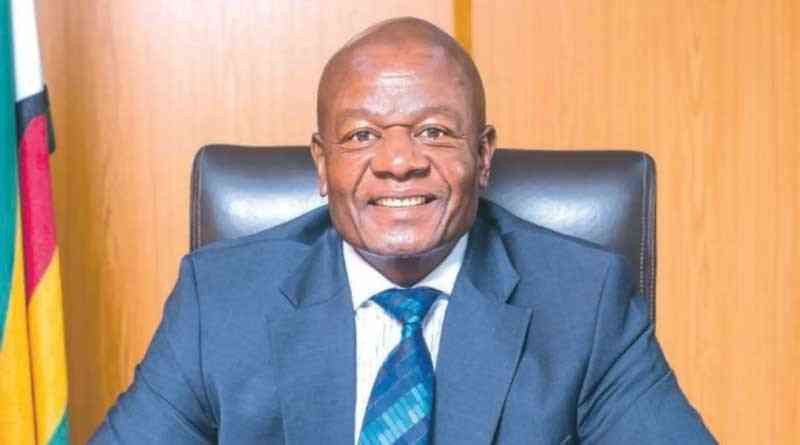
The Auditor-General flagged financial mismanagement at the Parliament of Zimbabwe.
In her latest report, the Auditor-General noted that fuel allocation to management and staff exceeded limits by 32%, with some officials receiving up to 1 440 litres of fuel per month.
The Auditor-General also observed that there were concessional loans with a total amount of ZWL$2 023 118 448 that had been issued, but there was no evidence that they were repaid.
It said a documentary review of loan agreement forms revealed that the loan repayment period and instalment sections were blank and the Auditor-General could not ascertain the duration and repayment figures for the loans.
The Auditor-General said the Public Financial Management System report for the period April 5 to December 31, 2024, had a total expenditure figure of ZWG774 100 472 while the Sub-Paymaster General’s Account for the same period had a total expenditure of ZWG526 747 348, resulting in a variance of ZWG247 353 124 that was not reconciled. Furthermore, an incorrect rate of 2 498,7242 was used to translate Sub-PMG reconciliations for the period January 1 to April 4, 2024, resulting in incorrect figures being reported.
The brutal assessment by the Auditor-General leaves Parliament in an invidious position.
The Legislature is one of the three arms of the State alongside the Executive and the Judiciary.
Section 117(b) states that the legislative authority confers on the Legislature the power to make laws for the peace, order and good governance of Zimbabwe.
- Sakunda hail SA stadia tour
- Rufaro Stadium refurb gathers momentum
- Huge incentives for DeMbare, Bosso
- Chiri vows to stop looting
Keep Reading
The Legislature performs Executive oversight by scrutinising government policies, programmes and expenditure plans to ensure they are in line with legislative intent and are governed by documented policies and procedures. Parliamentary portfolio committees are known for scrutinising and critiquing the performance of ministries, government departments and agencies.
As the democratically elected representatives of the people, parliaments have the honourable task of ensuring government by the people and for the people, according to the Economic Commission for Africa (ECA).
However, when the “police” is found wanting, its effectiveness in the oversight role is brought into question. The damning Auditor-General report will be used by the Executive as kompromat, each time the Legislature attempts to be firm on the former.
The effectiveness of the Legislature lies in its ability to maintain clean audits.
In a report, The Role of Parliament in Promoting Good Governance, ECA underscored the existence of a strong, effective and efficient Parliament as a building block for the achievement of good governance.
This, it said, was critical as Parliament played a crucial role in gauging, collating and presenting the views and needs of the people, articulating their expectations and aspirations in determining the national development agenda.
Parliament plays an important role in ensuring good governance as per the Constitution.
However, it must put its house in order and plug the loopholes highlighted by the Auditor-General.
The legislature cannot expect wonders from the Executive where it falls short itself. It mustn't pontificate for rectitude based on the do as I say not as I do fallacy. Those who play the oversight role must be upright.






